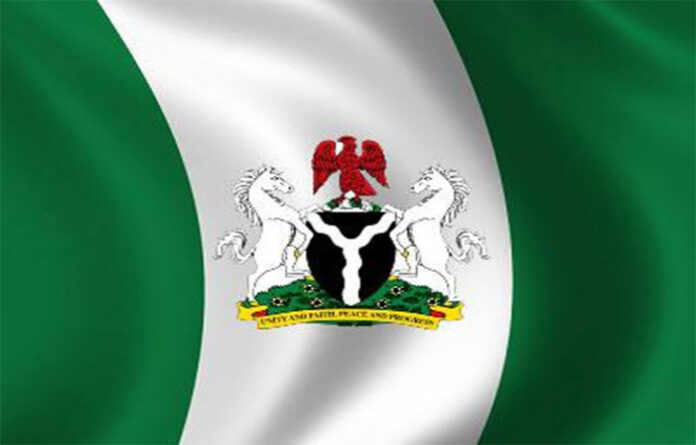By Milcah Tanimu
The Federal Government has introduced significant reforms to bolster the regulation of healthcare facilities across Nigeria. The announcement was made by Dr. Tunji Alausa, the Minister of State for Health and Social Welfare, during the inauguration of the Medical Laboratory Regulation and Inspection against Quackery in Nigeria, held on Thursday in Abuja.
Dr. Alausa highlighted the urgency of these reforms in response to growing concerns over unregulated and substandard healthcare services. The new measures are designed to ensure that healthcare facilities, particularly medical laboratories, adhere to stringent standards.
The reforms follow disturbing revelations about illegal kidney harvesting rings operating in Abuja and other regions. Dr. Alausa emphasized the need for rigorous oversight to prevent such harmful practices. He noted that although doctors involved in the scandal had been sanctioned, the implicated hospital remained open due to the lack of a legal framework for closure.
To address this, the government plans to establish a National Health Facility Regulatory Agency. This agency will oversee all healthcare institutions, with the authority to shut down any facility failing to meet regulatory standards. Dr. Alausa stressed that this move is crucial for protecting public health and ensuring that laboratory results are reliable and valid for making healthcare decisions.
The Minister called for collaborative efforts across government agencies, including the police, to enforce these regulations effectively. He assured that the government is committed to not only drafting but implementing policies that will ensure a robust healthcare system.
As part of the reforms, the Medical Laboratory Science Council of Nigeria (MLSCN) will lead the accreditation and monitoring of laboratories. This initiative aims to set a benchmark for broader regulatory efforts in the healthcare sector. Dr. Alausa urged the committee to develop a functional inspection model, improve regulatory practices, and identify sustainable funding sources.
Prof. Tosan Erhabor, Registrar of MLSCN, underscored the critical need for updated standards and effective inspection models. He pointed out that accurate laboratory diagnoses are essential, given that over 70% of medical diagnoses rely on laboratory investigations. Current inspection models suffer from issues like poor monitoring and inadequate funding.
The initiative aligns with President Bola Tinubu’s “Renewed Hope Agenda,” which promotes innovative solutions to existing challenges in the healthcare system. The 15-member team, led by the Registrar/Chief Executive Officer of MLSCN, will work on developing a policy framework to support these objectives.

